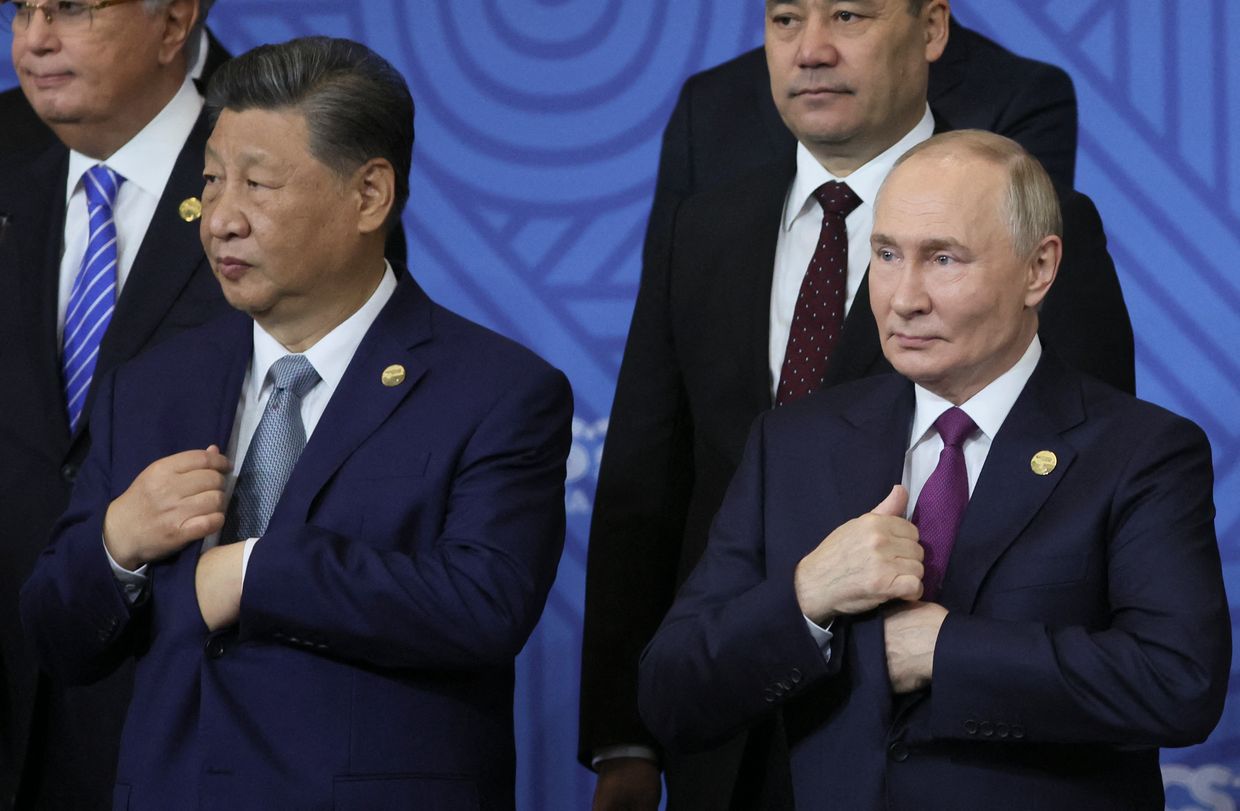US, Russia discuss potential revival of Russian gas exports to Europe, Reuters reports

U.S. and Russian officials have held talks over potentially reviving Russian natural gas exports to Europe, eight sources familiar with the matter told Reuters on May 8.
The talks come as U.S. President Donald Trump pushes for a peace deal in Ukraine, with some diplomats reportedly suggesting that restoring Russia’s role in the European gas market could serve as a key incentive for Moscow.
Washington’s involvement may also help mitigate political opposition in Europe, while giving the U.S. strategic visibility over future Russian energy flows, sources tell Reuters.
Following Russia’s full-scale invasion of Ukraine in 2022, European Union nations dramatically cut their imports of Russian gas. State energy giant Gazprom reported a $13.1 billion loss in 2024 as a result. Russian pipeline gas now accounts for only 19% of European supply, down from 45%.
Despite efforts to diversify, some EU countries, like Hungary, Slovakia, Belgium, and France, continue receiving Russian gas through pipelines or long-term liquefied natural gas (LNG) contracts.
U.S. special envoy Steve Witkoff and a Kremlin envoy Kirill Dmitriev have discussed gas exports, two sources said. The two met last in St. Petersburg on April 11. Russia's Direct Investment Fund denied the talks, stating, “Currently, there are no such discussions.”
In an interview with French magazine Le Point, Kremlin spokesperson Dmitry Peskov said Gazprom would consider renewed sales to Europe if control of export infrastructure changed hands. Suggestions on the table include potential U.S. stakes in Nord Stream pipelines, Ukraine’s gas transit system, or even Gazprom itself, five sources told Reuters. American firms could also act as intermediaries, buying Russian gas and reselling it to European buyers.
Major U.S. asset managers BlackRock, Vanguard, and Capital Group currently hold minority stakes in Gazprom.
Still, opposition in Brussels remains firm. After years of reducing its reliance on Russian gas, the European Commission (EC) on May 6 presented a detailed roadmap to fully sever the European Union’s energy dependence on Russia by 2027.
The plan has been described as the bloc’s most comprehensive effort yet to end imports of Russian gas, oil, and nuclear fuel, a dependency critics argue has long compromised EU sovereignty and funded the Kremlin’s war machine in Ukraine.












